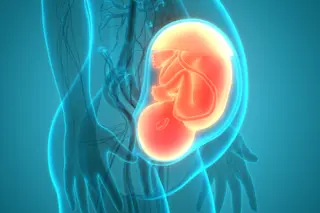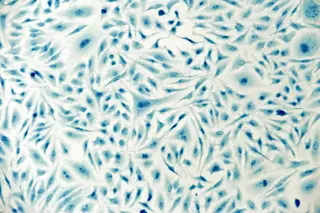A paper on the genetics of the Roma ("Gypsies"), Reconstructing Roma History from Genome-Wide Data, has finally come out in a journal. It's been on arXiv for a while, so nothing too surprising. But, reading through the paper I have to note one rather clear aspect for me: there is a crispness and detail to the way they outlined and integrated their methods into the results section. Unfortunately there is an obvious tendency in the pressure to publish for people to use methods and tools (which usually consists of software written by others which you use in a blackbox fashion) in a slapdash manner with an aim toward arriving at a publishable unit. Because of the specialization within science it seems one can entirely make it through peer review by using methods which signal that one does not really know what one is talking about. To give a concrete example, ...
Method well articulated makes for good science
Explore the genetics of the Roma and how genome-wide data is reshaping our understanding of their history. Discover insights now!
More on Discover
Stay Curious
SubscribeTo The Magazine
Save up to 40% off the cover price when you subscribe to Discover magazine.
Subscribe












